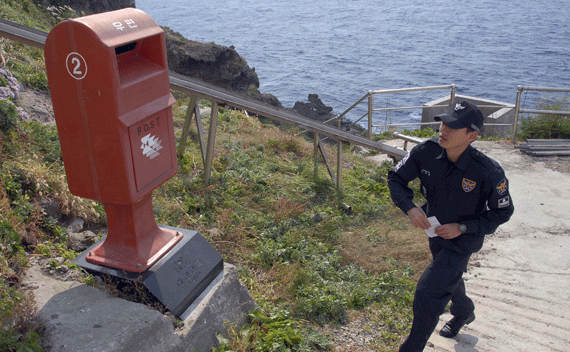TWE Mailbag: Is the Kellogg-Briand Pact Still in Effect?
More on:

I recently wrote a post on the Kellogg-Briand Pact, the 1928 treaty that “outlawed” war. The post prompted Inger Weibust to ask:
What is the current status of this treaty under international law? Did its signatories formally renounce it? Is it still valid?
The answer is, yes, Kellogg-Briand is still on the books, not that it matters much. My colleague Matt Waxman, who knows a thing or two about international law, puts it this way:
Kellogg-Briand has no enforcement mechanism, and because almost all states that use military force claim they are doing so as a matter of self-defense, pursuant to UN Security Council authorization, or because of another overriding justification, the Pact doesn’t have much continuing value. There may have been no upside to officially renouncing the treaty even after it proved so impotent during the interwar years, though, and the basic prohibition on aggressive force is now more importantly enshrined in the UN Charter.
Of course, some of Kellogg-Briand’s other signatories could have renounced the treaty. If you know of any, provide the details in the comments box.
More on:
 Online Store
Online Store